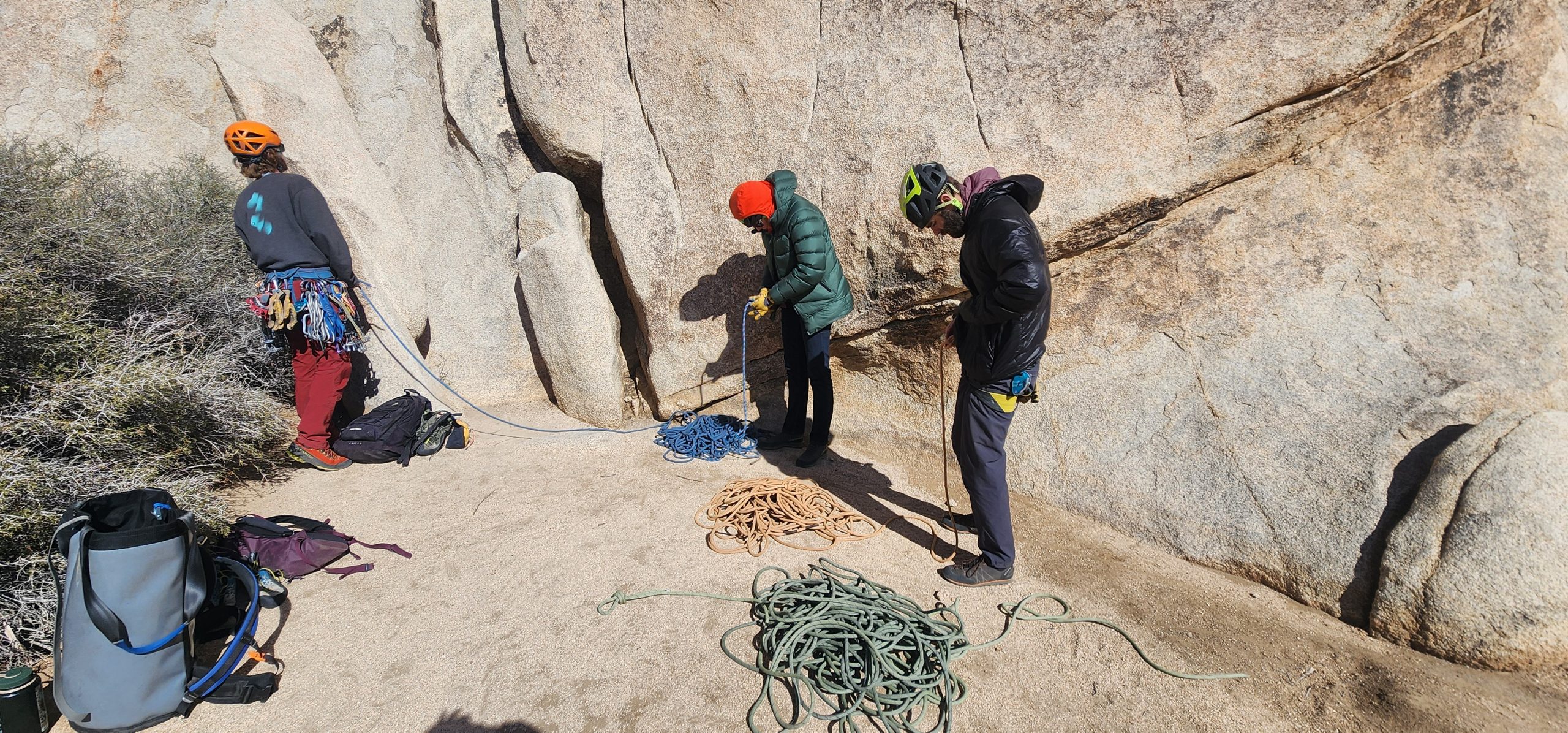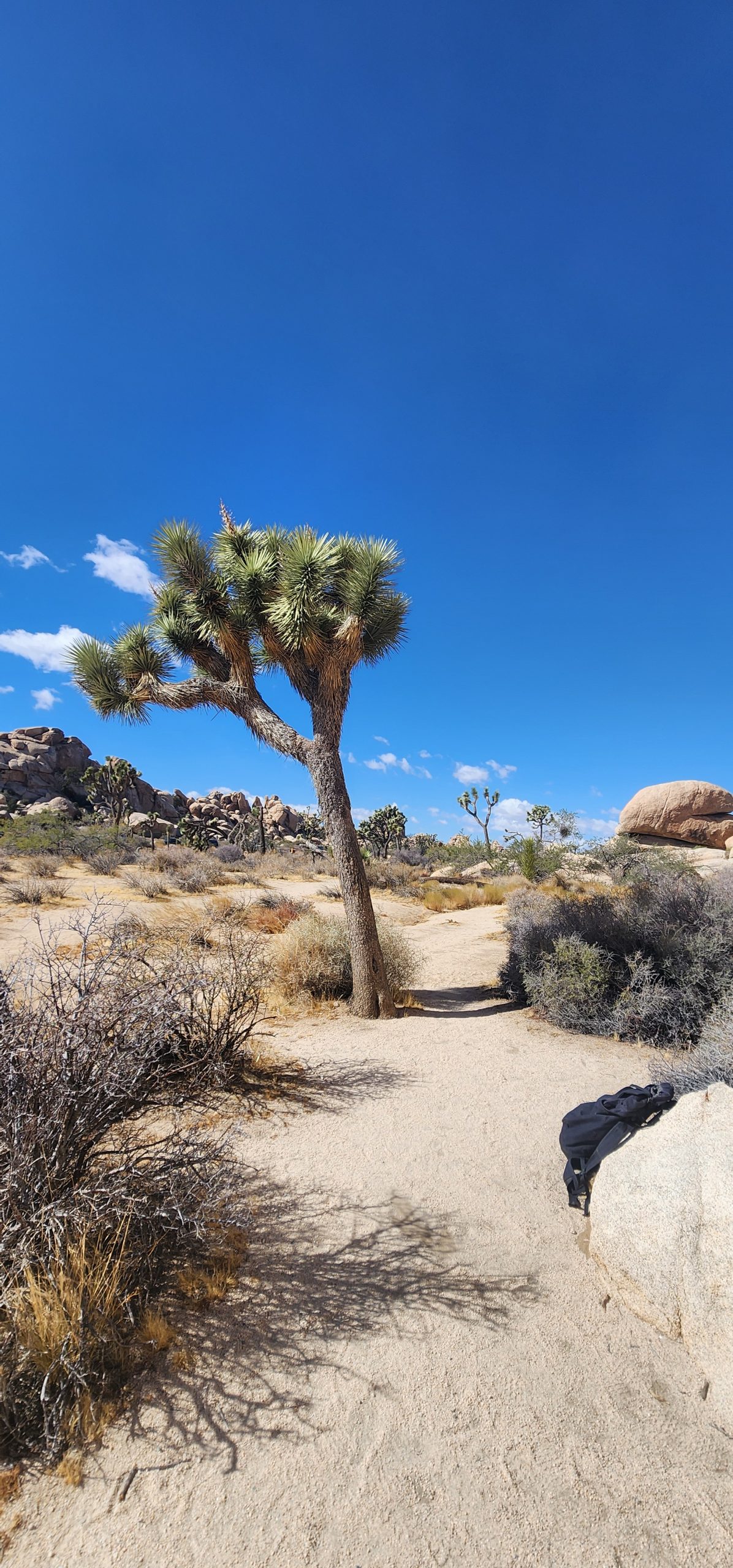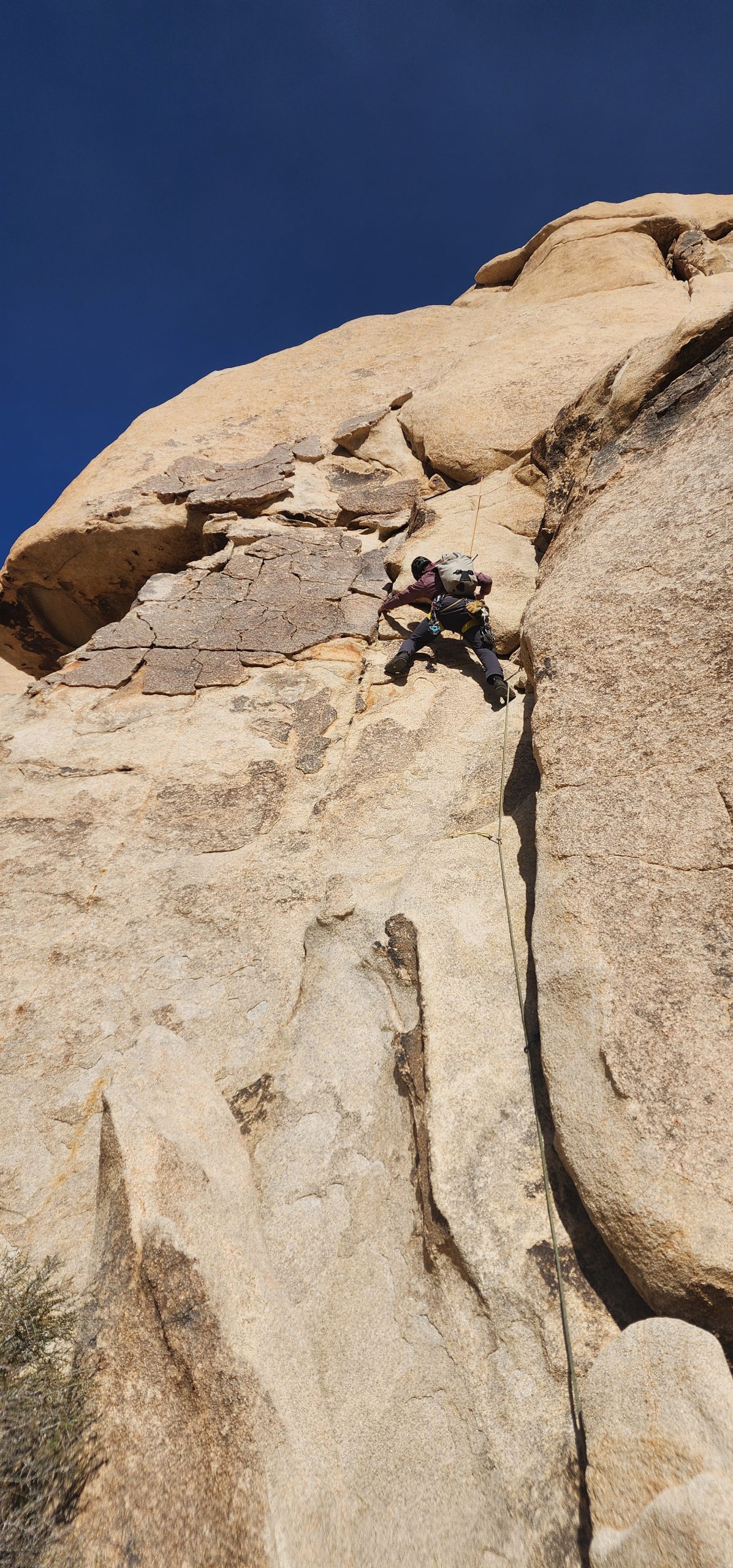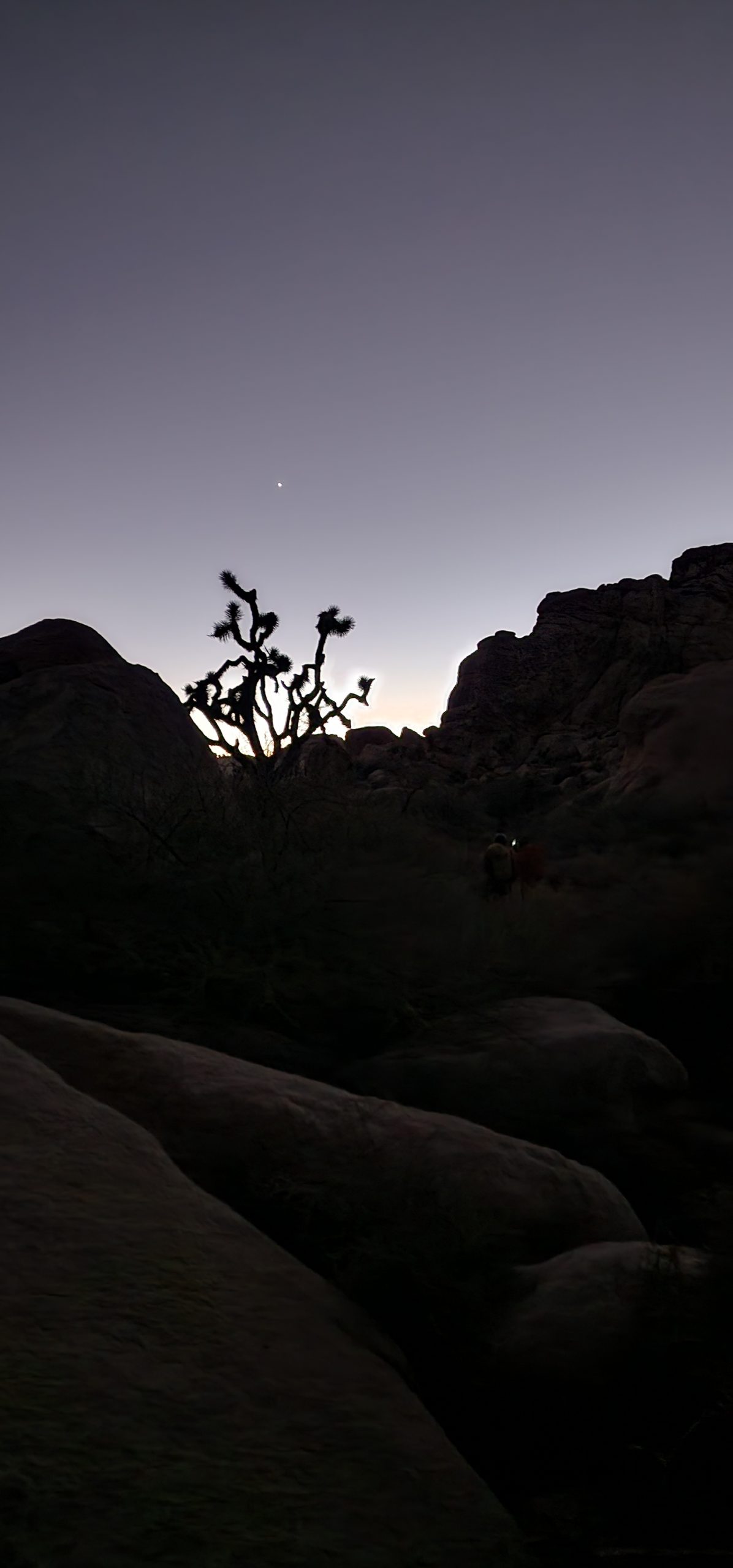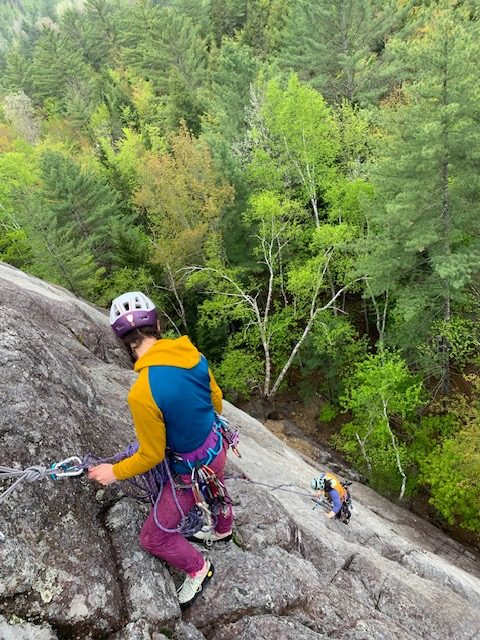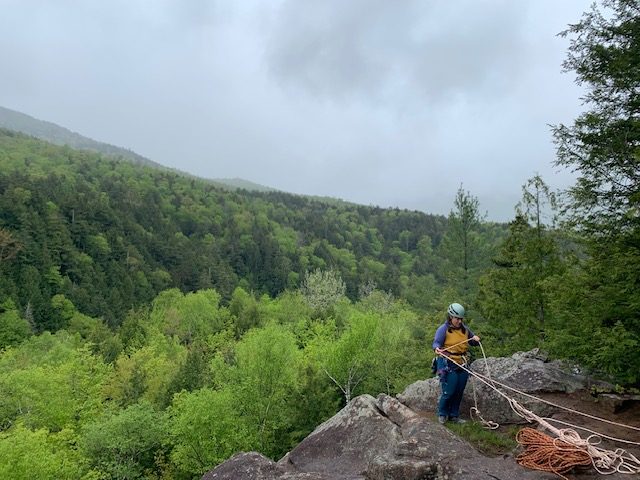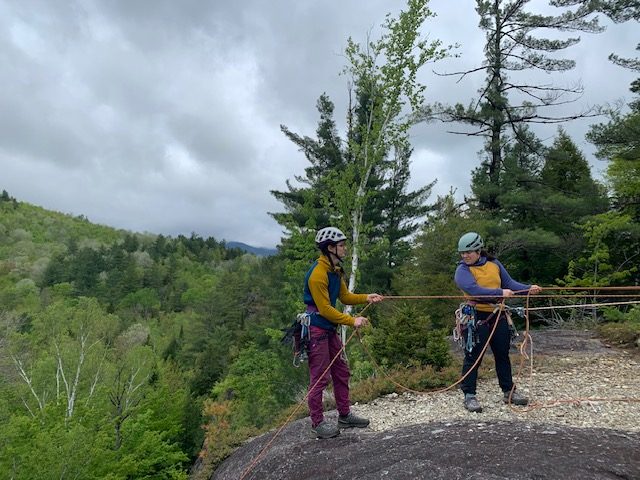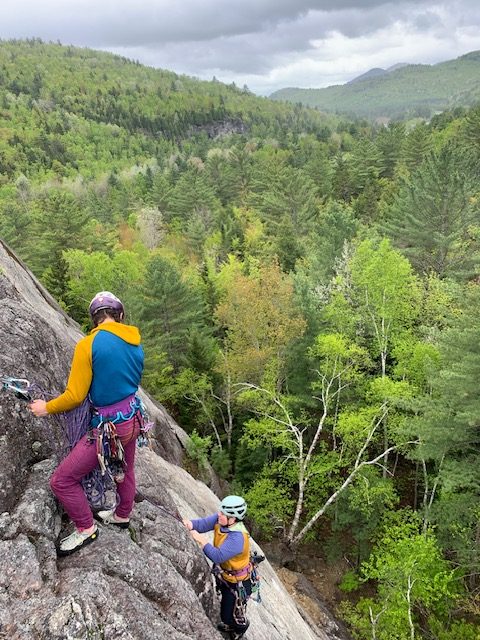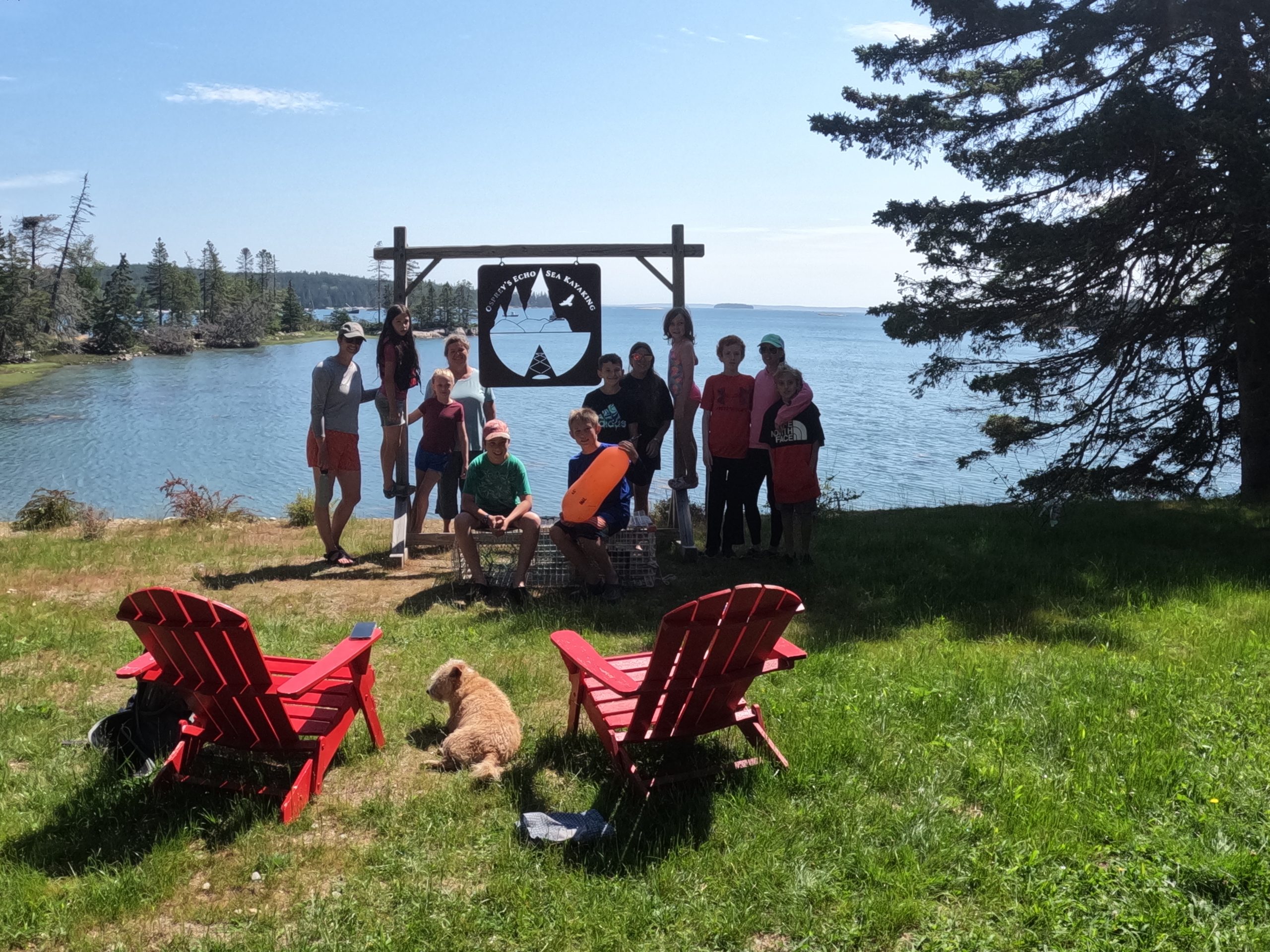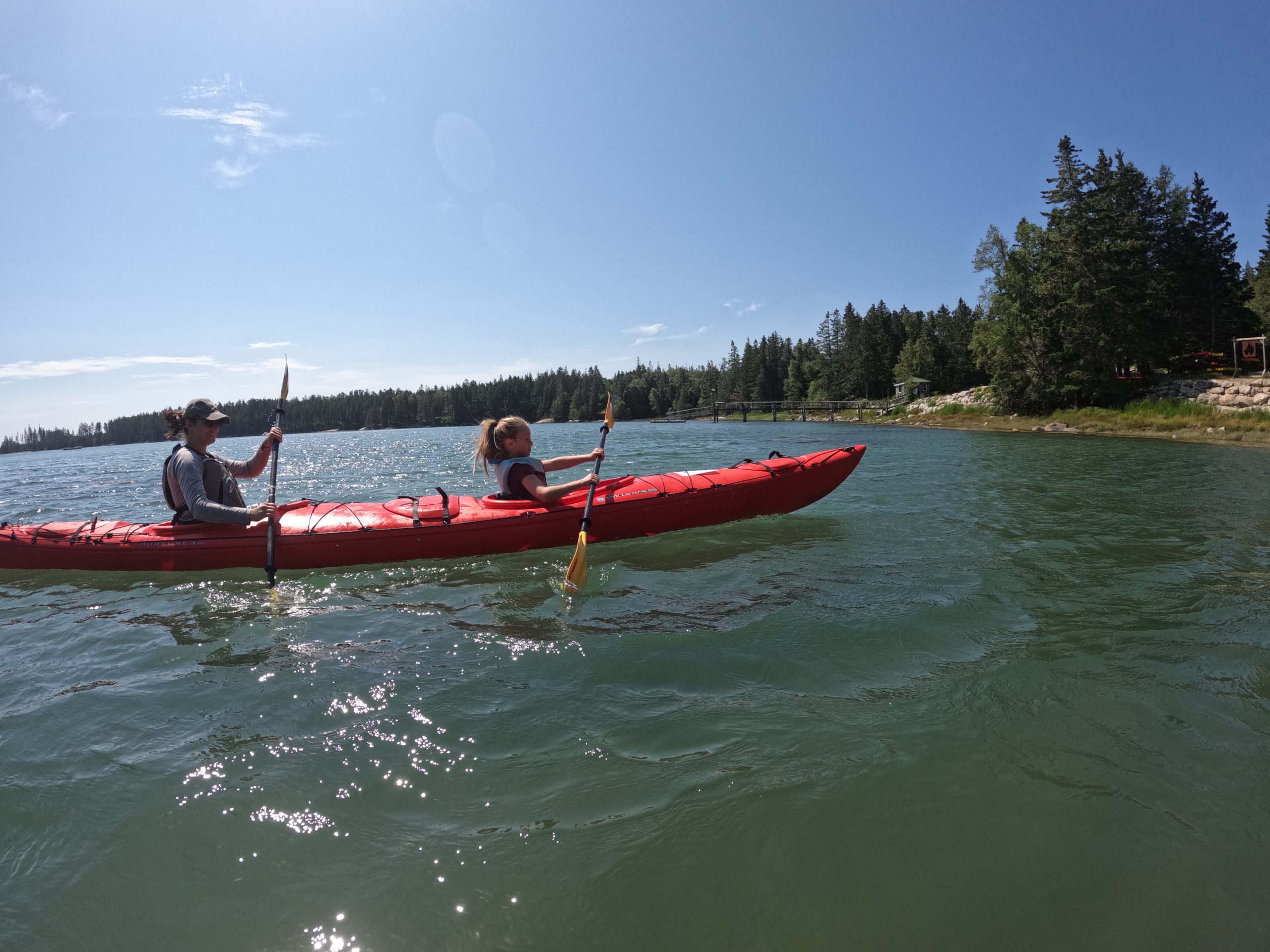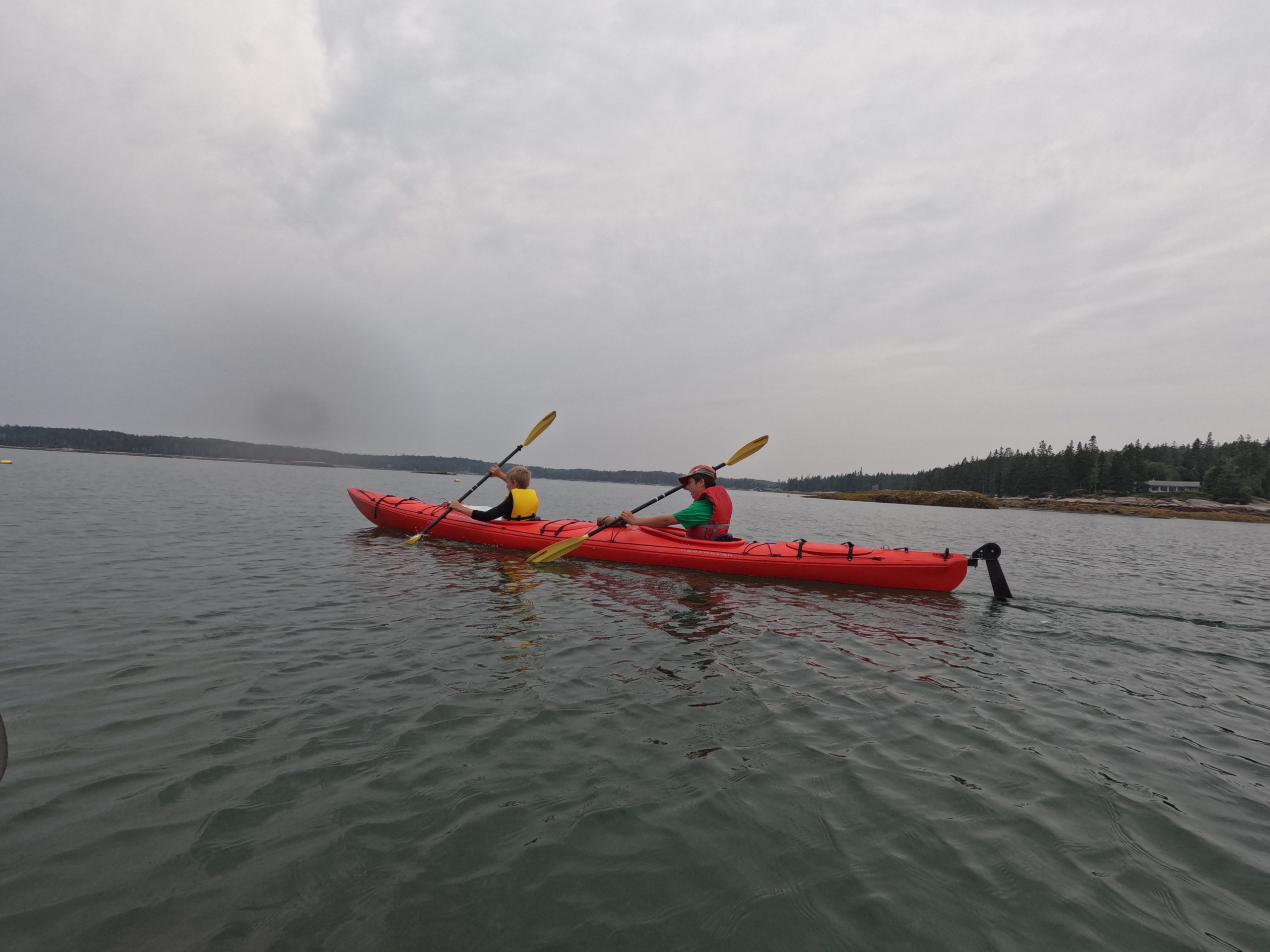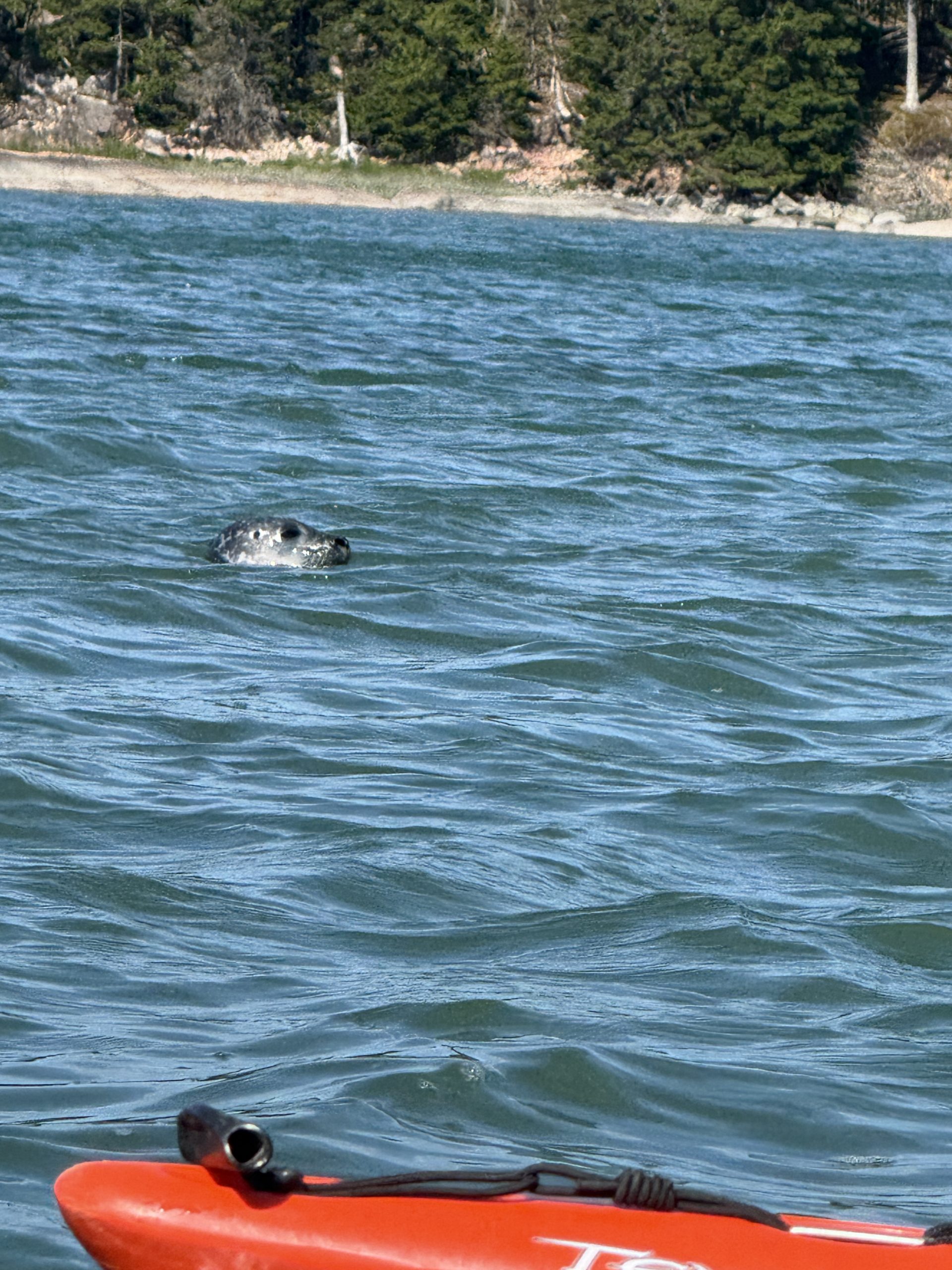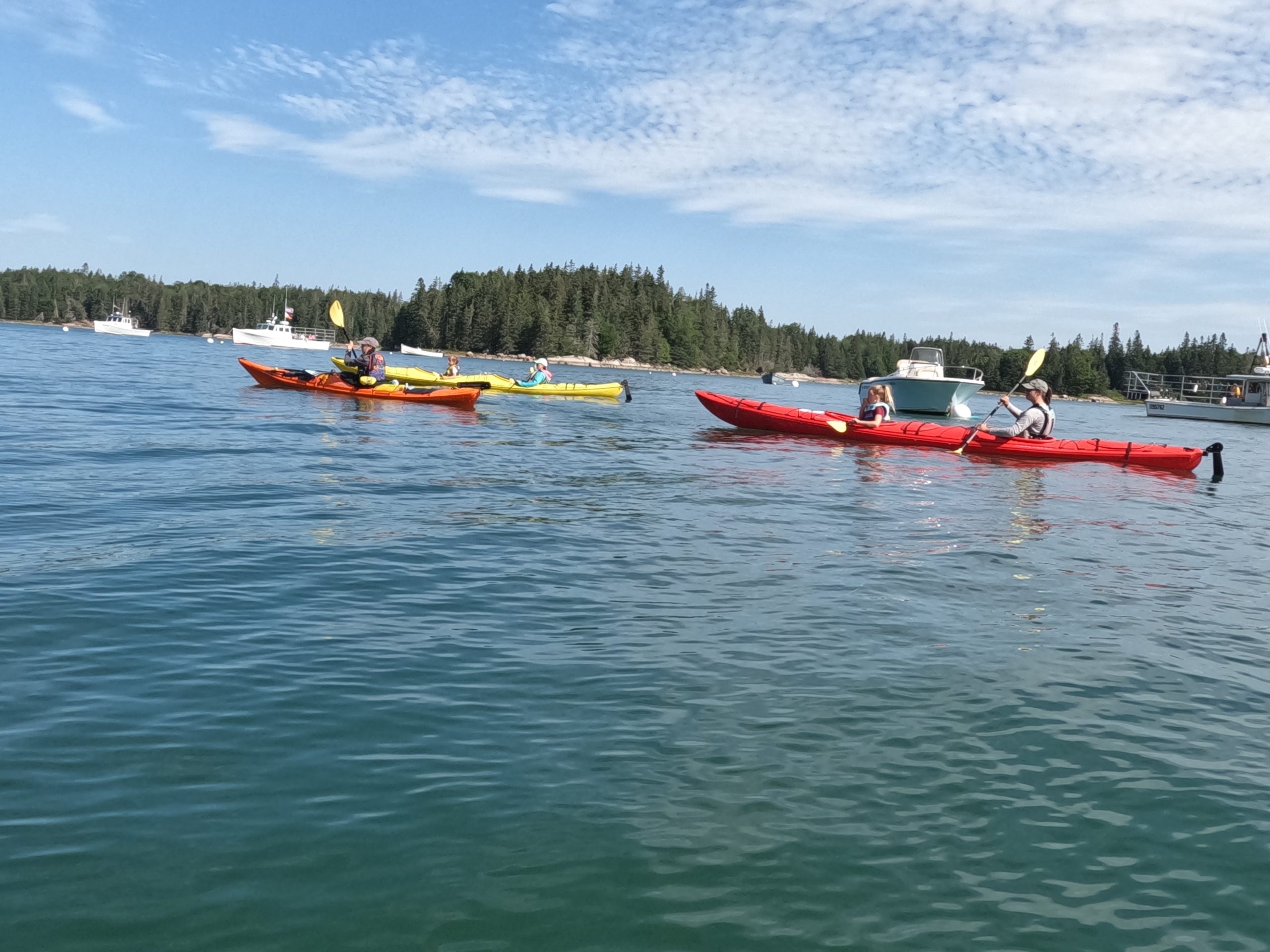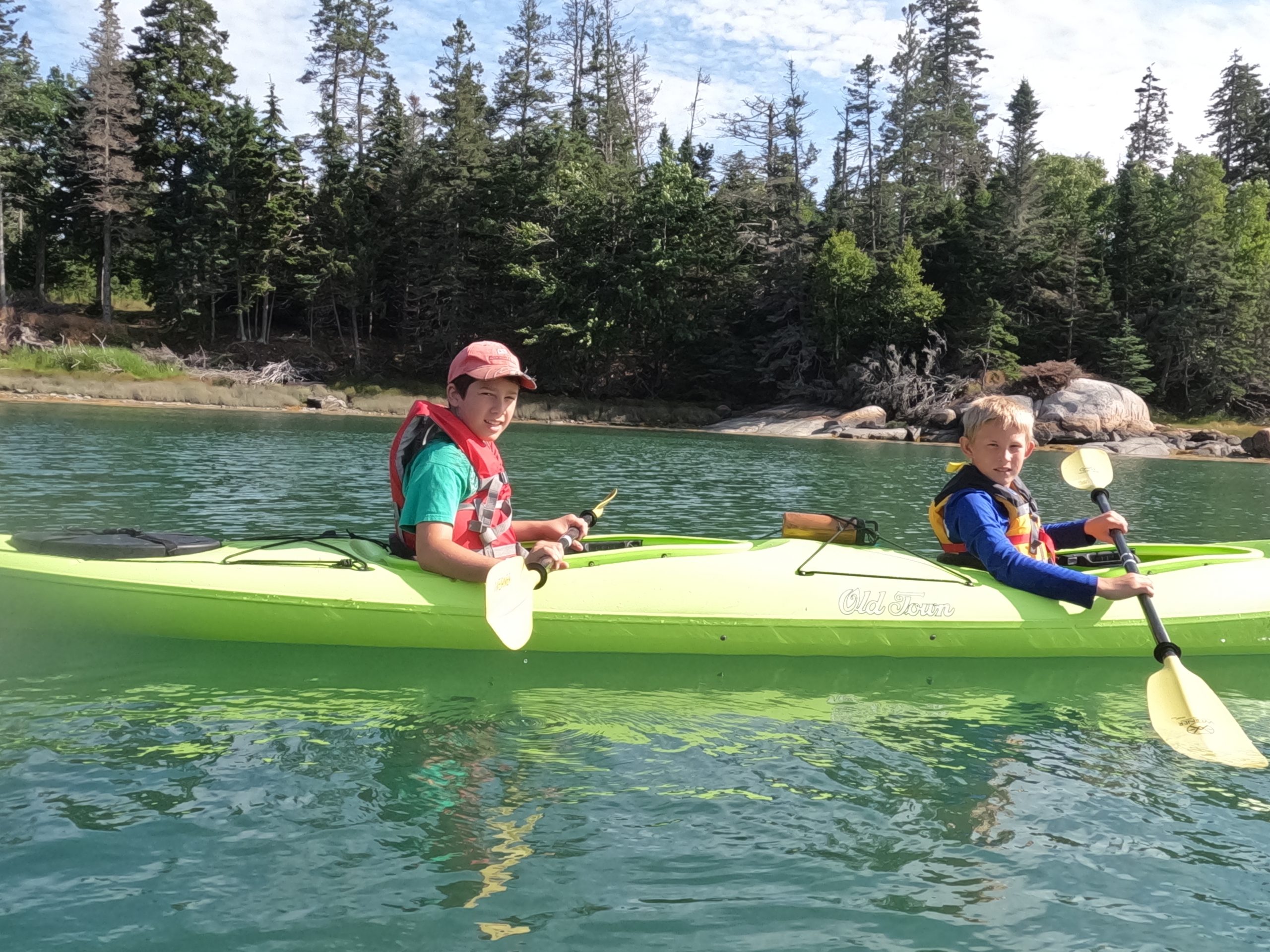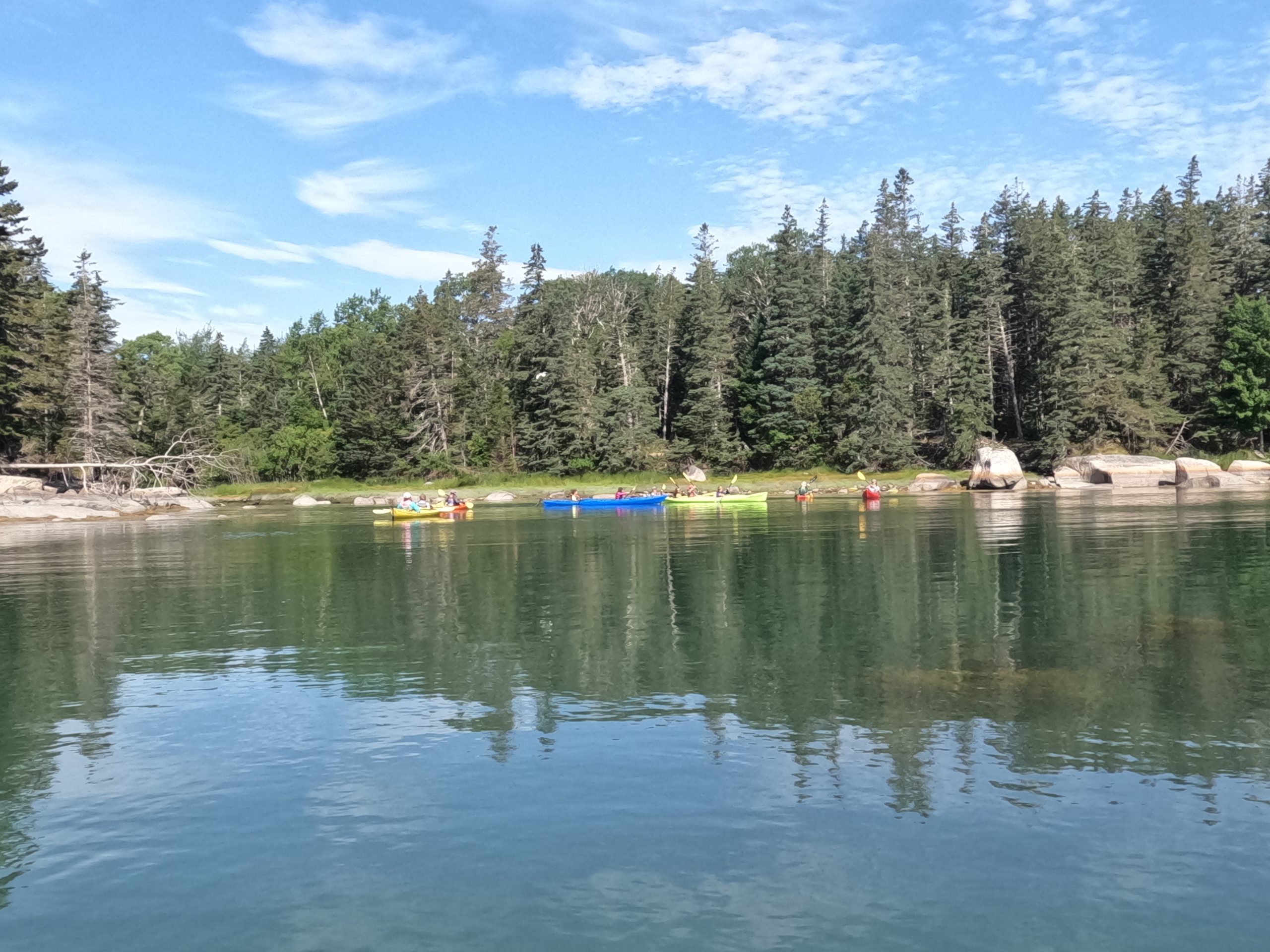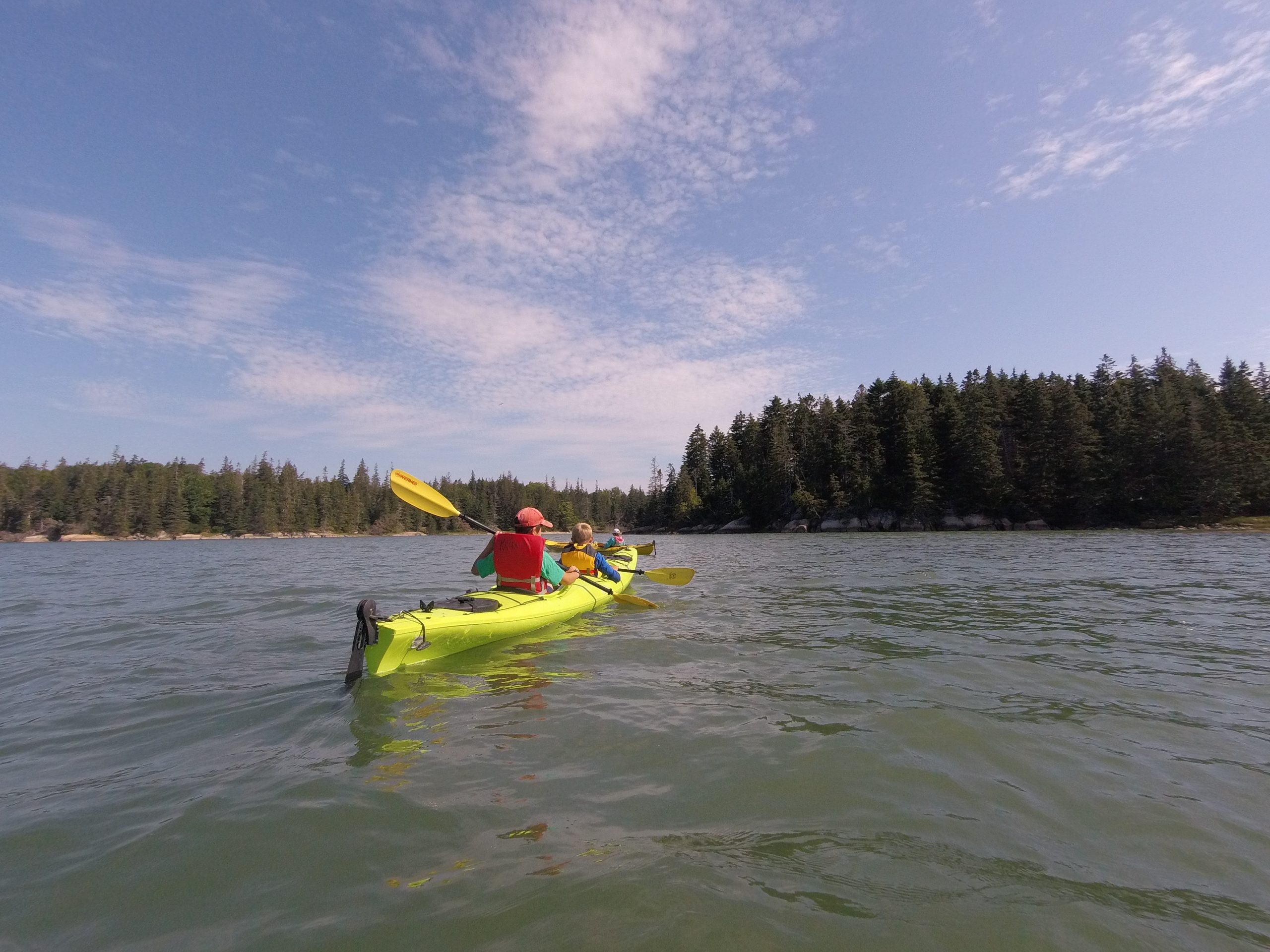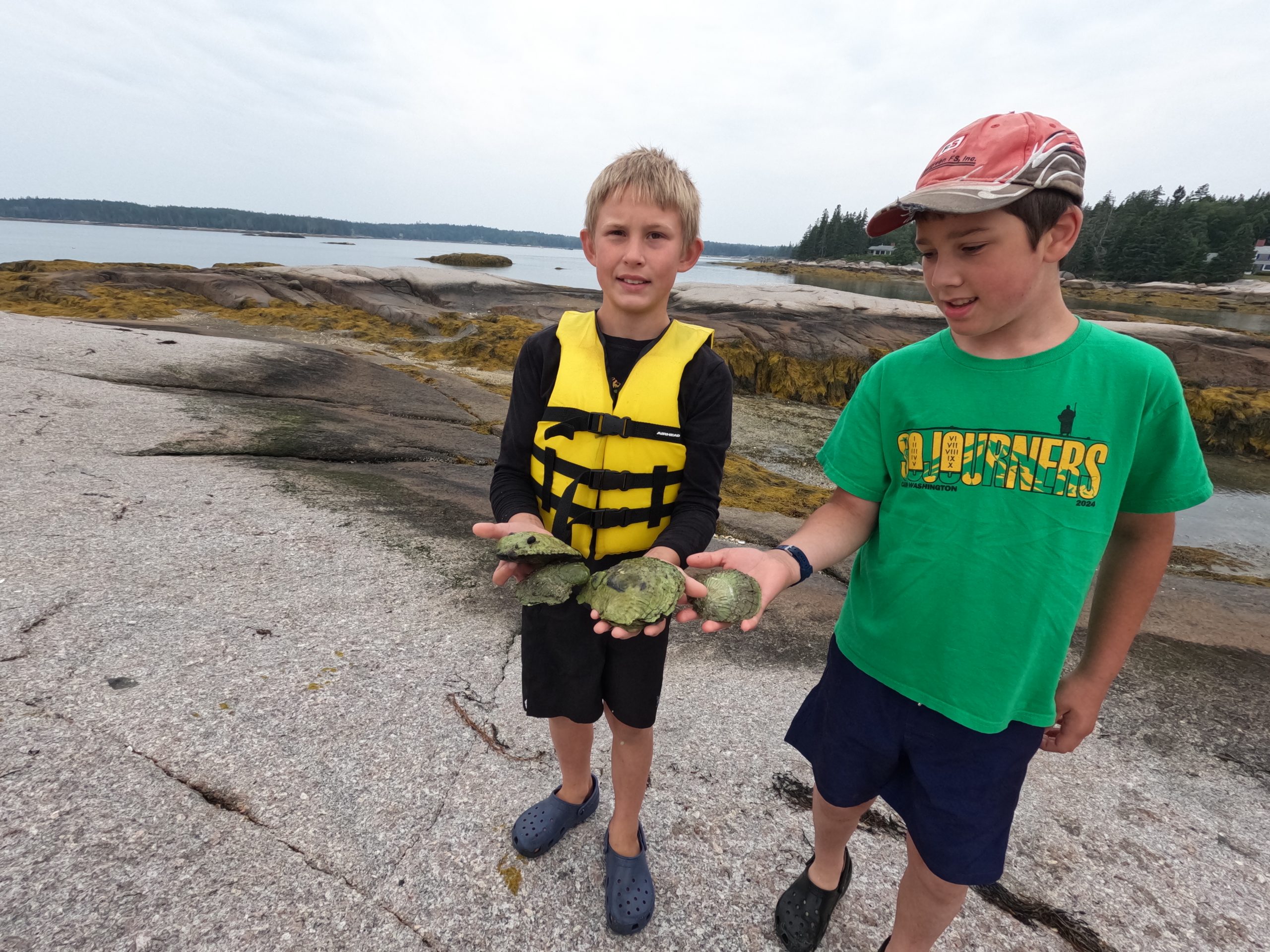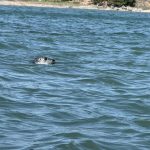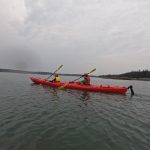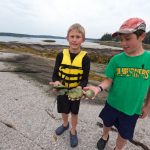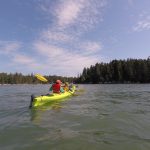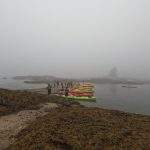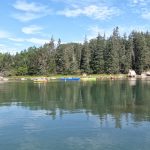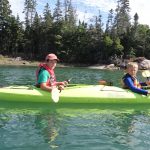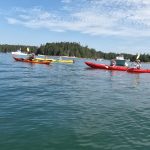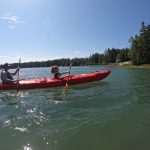Scholarship Recipients 2025

AIARE Instructor Training Course Reflection: Steven’s Pass, WA
Payton Bartlett
December 30, 2024
I recently completed my AIARE Instructor Training Course at Steven’s Pass in Washington. This was a great opportunity for me travel to a different region during the winter season and connect with other outdoor professionals that I would not have otherwise had the opportunity to meet. I was able to do this in large part due to the support of the Reeno Foundation. I currently work as the Outdoor Program Coordinator at the University of Wyoming, where my outdoor journey has come full circle in a sense. I attended the University of Wyoming, and this was where I started backcountry skiing, rock climbing, and mountaineering with the Outdoor Program. These pursuits soon became a large part of my life, and I was seeking out opportunities to turn them into a career. I started with the rock-climbing side and quickly realized that I was drawn to the education side of the outdoors. Through conversations with other outdoor professionals, I learned that avalanche education was a likely to be a great fit. Soon after graduating from college, I was hired as the Outdoor Program Coordinator at my alma matter and was soon teaching in many different disciplines. I kept coming back to avalanche education and after talking to guide companies nearby decided that teaching through AIARE would be a great way to connect with others in the community.
My Instructor Training Course was very well run and informative. While heavily leaning into teaching principles that apply to avalanche education, I had takeaways that I can apply to other outdoor skills as well. The course was heavily structured in the classroom with field-time to apply the concepts that were taught. We had ample time to learn from others in the course as well as receive valuable feedback. I think one of the better parts was the fact that the students in the course came from a variety of snow professional backgrounds which allowed for unique viewpoints. I am looking forward to instructing courses in the coming winter seasons and continuing to grow as an instructor. These skills will hopefully benefit the Outdoor Program and help me to improve my lessons to students. Thank you to the Reeno Foundation for the support that made this possible!
This February, I had the incredible opportunity to participate in a women’s AIARE Instructor training course (ITC)! This was the first affinity course I have taken thus far in my guiding career, which completely changed the atmosphere of the course. From the very beginning the instructors set the tone for an inclusive, open, and supportive environment. One of the most impactful things they did before we even arrived, was sending an email that simply said, “We already think your cool”. This small but thoughtful gesture immediately dismantled the pressure often felt in these courses—the unspoken need to prove that you belong. Before attending an ITC, participants must first pass an Avalanche Professional Level 1 course, where technical skills are rigorously assessed. Since everyone in the ITC had already met that standard there was no need to try to prove that to each other and the instructors has already made it clear we did not need to prove ourselves. This allowed us to focus on learning, collaborating, and forming meaningful connections rather than feeling like we had to compete. Throughout the week we engaged in various team-building exercises. Normally, I find these kinds of activities a bit forced, but this time was different. Every woman in the course was genuinely invested in showing up, participating fully, and supporting on another. Because of this collective energy, we got so much more out of each exercise than I ever expected. Being the youngest participant by a significant margin, I felt incredibly lucky to be surrounded and mentored by so many experienced and inspiring women. Many of them has been guiding for years, and the wisdom they shared—both technical and personal—was invaluable. It eas refreshing to be in a space where mentorship happen naturally, and I tried to soak up every bit of guidance I could. I especially cherished the time spent outside of class with my three housemates. By the end of the trip, these women—who initially were strangers—felt like older sisters. In a funny coincidence, all four of us turned out to be only children, which gave us an instant connection beyond our shared love of the mountains. Before taking this course, I had heard a lot of people say the ITC was a waste of time, or something that could be done over Zoom, even though it is required to become an AIARE instructor. However, after experiencing it firsthand, I wholeheartedly disagree. The value of the course is not just the technical, on-snow content, but rather in the personal discussions, shared experienced, and mentorship that happens organically when you bring a group of dedicated, passionate people together in an unbiased space designed for learning and growth. The course gave me the opportunity to reflect, refine my skills, gain advice for advancing my career, and walk away confident in my ability to teach avalanche education courses. At the end of the day, what you put into this course is what you get out of it and I am extremely grateful to the Reno Foundation for providing me the opportunity to attend this course and advance my career as a ski guide and avalanche educator. Every woman in that room showed up ready to learn, share, and support one another, making all the difference. I left the AIARE ITC feeling inspired, connected, and excited to continue growing as an educator and guide.
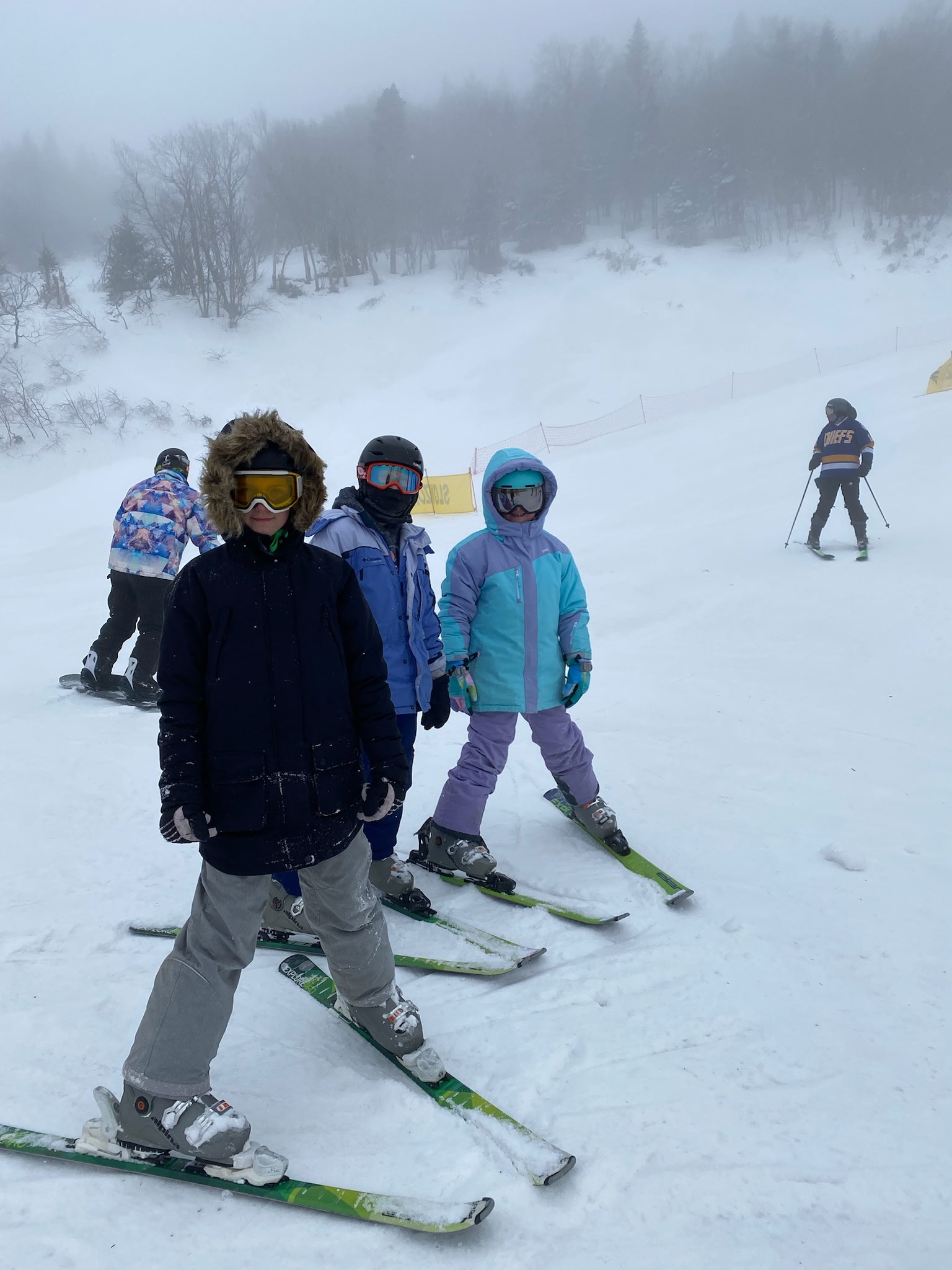
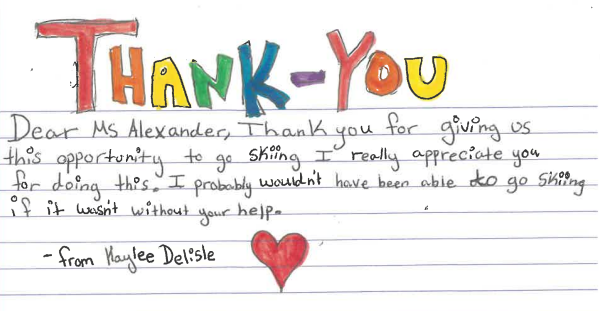
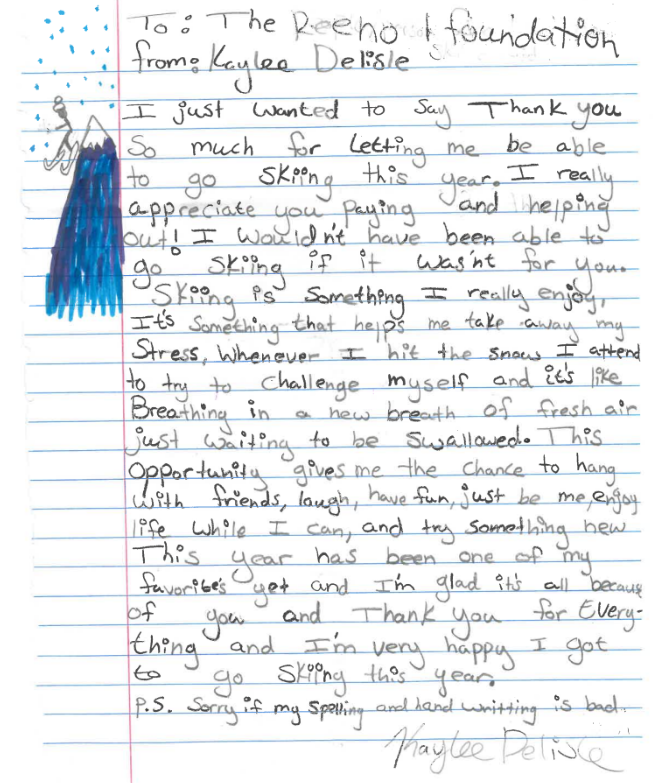
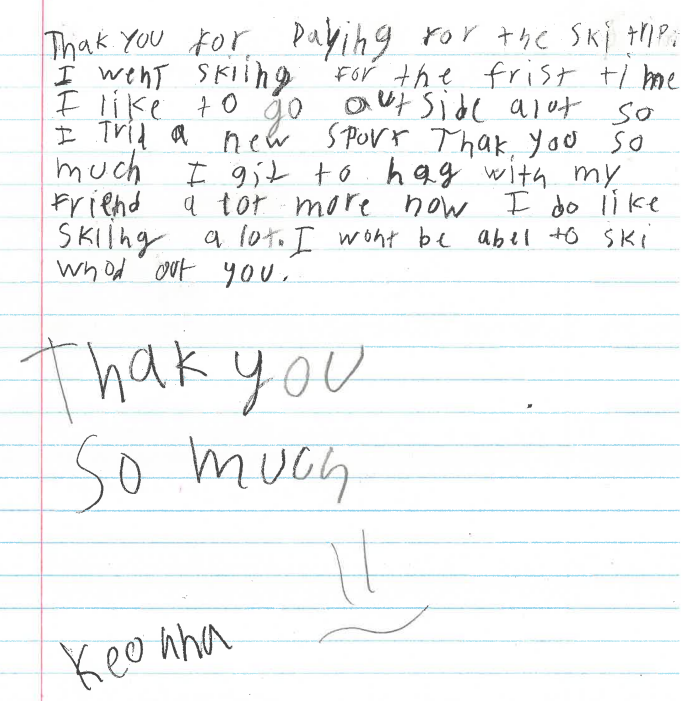
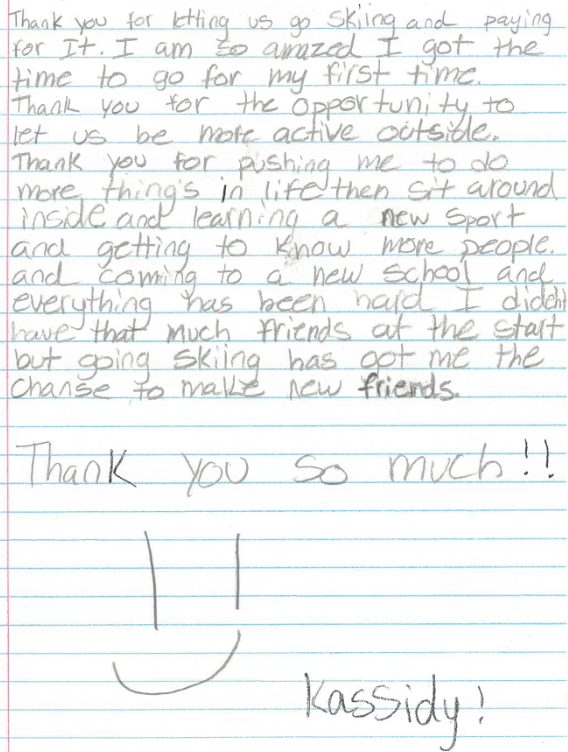
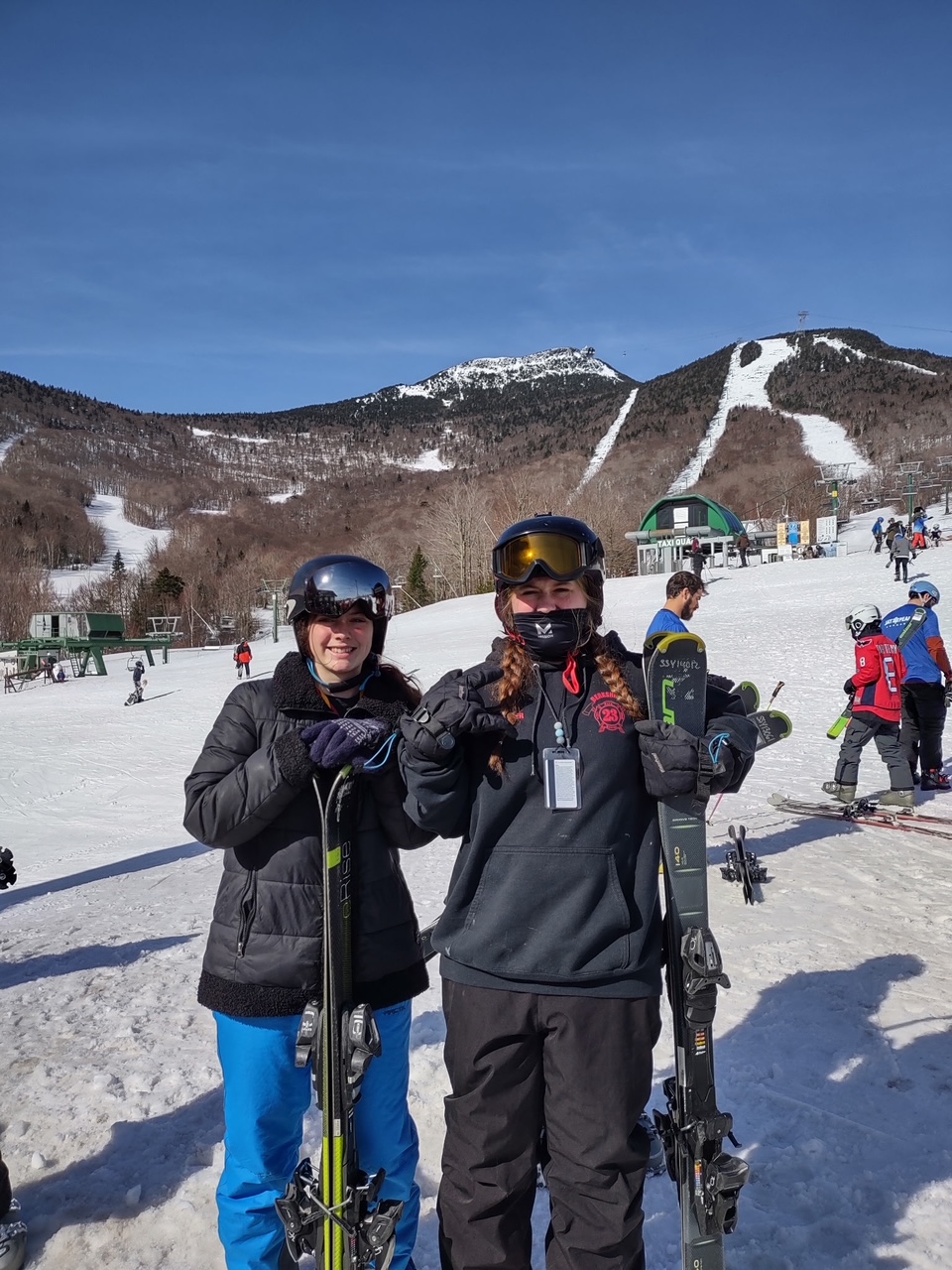
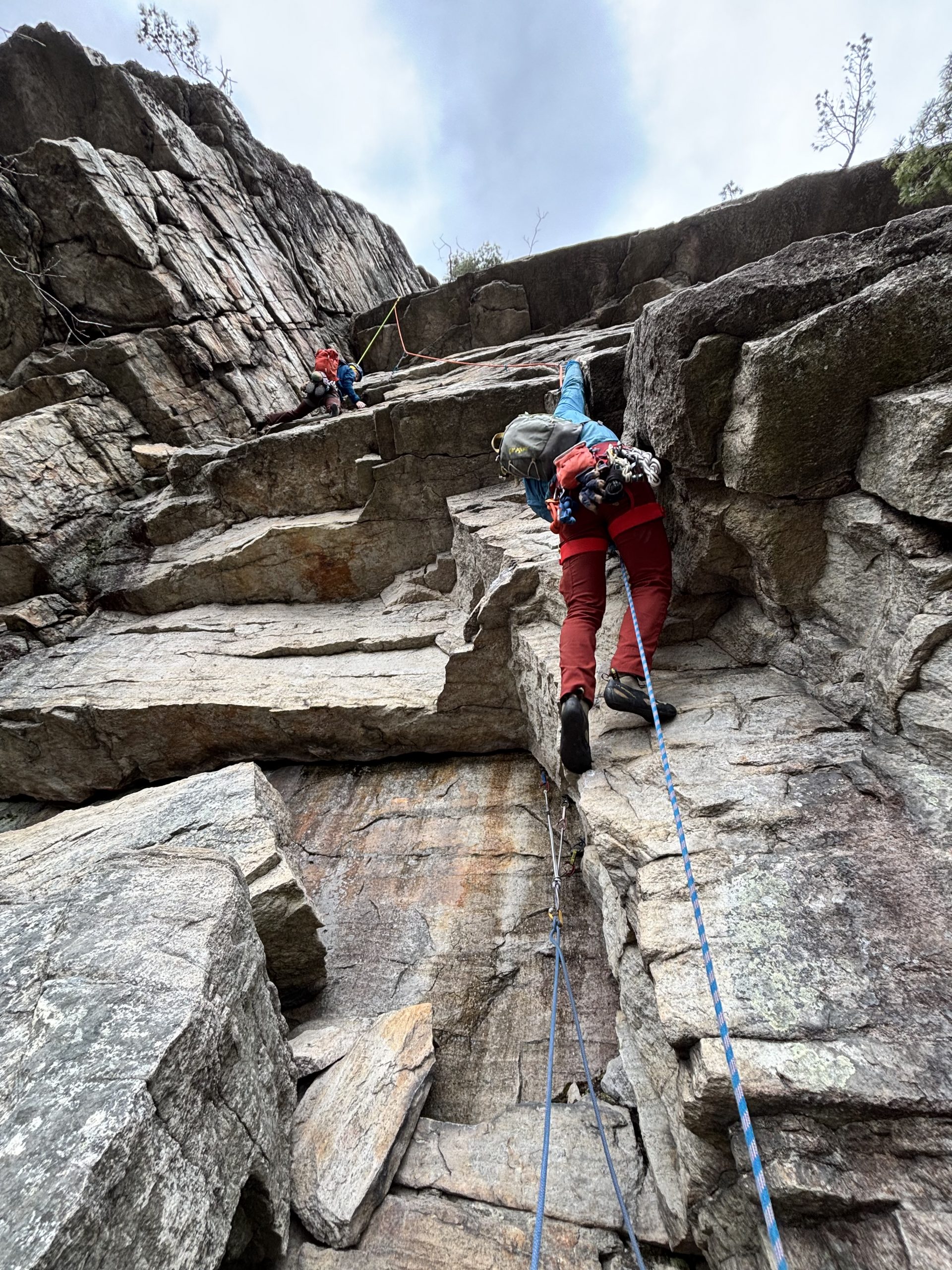
In April 2025, with support from the REENO foundation, I took my rock guide course in The Gunks, New York. This course was an incredible opportunity for me to expand my scope of practice and build on my skills as a rock climbing guide before entering my 5th season of guiding for Acadia Mountain Guides in Acadia National Park.
We had very spicy weather throughout the course, including cold temps, rain, and a snowstorm! To work around the cold and wet weather, we did a lot of skills learning and ground school up front and crossed our fingers for better weather to climb in the second half of the week. The up-front ground school environment was really inspiring as there is so much to learn and know. They provided us with notebooks at the beginning of the course and I filled mine fully by the end of the 10 days.
One of our bad weather adaptations included a rock rescue drill power day in the pavilion at the local campground where our instructors used a ladder to hang ropes from the ceiling so we could practice ascending and descending ropes with our ATCs and prusik loops. We spent the whole day learning and simulating the parts of the rock rescue drill while snow fell dramatically around us - it felt pretty surreal.
We learned short roping and short pitching in the rain on a ground school day, and after the snow storm we used those skills to approach the edge of a cliff for mock guiding rappelling while the rocks were too wet for climbing.
Despite the cold and wet conditions, we still got our climbing miles in and everyone maintained good attitudes while bundled in our puffies on the cliff. It felt very real for us to have to climb while conditions were not ideal as I believe it is good to practice skills when you are cold and uncomfortable so you know you are equipped to respond well when accidents or unexpected weather events happen.
We had two warm-ish days toward the end of the course and enthusiastically used those days to climb at the movement standard and have fun in the sun using all of the skills we learned in the beginning of the course.
Throughout the course, our instructors, Silas Rossi and Paul Rachele, supported us in improving our rope management, client care, route finding and error correction skills. We learned that twists aren't real and practiced ways to clean up even the messiest rope piles efficiently. We learned different ways to get off of the mountain and what scenario would be more suited for each descent type. And we received a lot of tips for how to move efficiently and securely up the mountain with clients.
Some of my big take-aways were: don't sacrifice security for speed (protect yourself, place gear, be thoughtful, look ahead), longer pitches don't save time with clients, being over-prepared is better than being under-prepared with new clients and in new terrain, BRING ENOUGH GEAR (building good anchors and protecting yourself is non-negotiable), coaching is a very valuable risk management tool, your approach to an experience needs to be dynamic and reactive to your clients and the terrain, when belaying in parallel match your belay device to the width of your rope.
I am so grateful to the REENO foundation for supporting me in taking this course as I would not have been able to afford to attend without their help. I am really eager to use these new skills to provide clients with more intimate, longer rock climbing adventures on multi-pitch terrain. Multi-pitch climbing is my favorite style of climbing and I am so excited to share with people in Acadia and beyond!

This fall, I took a 10-day Rock Guide Course through the American Mountain Guides Association (AMGA). I had the opportunity to take this course in part because of a scholarship from the Reeno Foundation. The Rock Guide Course (RGC) is the first course in the AMGA mountain guide track and teaches you the necessary skills to effectively guide people in simple rock terrain up to Grade III.
My course took place in Joshua Tree National Park. Having never been to Joshua Tree before, it was a treat in and of itself to spend almost 2 weeks in this beautiful landscape! Having heard rumors about climbing being sandbagged and hard there, I was nervous so the scenery helped with those nerves.
My partner, Nathan and I arrived a few days early so I could get a feel for the rock and get some climbing in. Joshua Tree is unique in that most of the “crags” are really just big Boulders scattered across the landscape. This makes most of the approaches fairly short and very flat. We climbed a few routes, got a lay of the land and then headed to town to rest up and stock up on groceries.
The course itself ran from October 29th - November 7th. Besides it being a jam packed 10 days of learning, Halloween, Daylight Savings, and Election Day all occurred during the course. As you can imagine, the mental exhaustion was real by the end!
This particular RGC was taught at a 3:1 ratio, meaning there were 3 students for every one instructor. Our Instructor Team was made up of 4 wonderful female IFMGA mountain guides who gave us the most amazing experience. There were 12 students including myself and everyone was awesome. Overall, it was such a joyous 10 days with the 16 of us, it was sad when it was over.
The first few days we worked on ground school, reviewing basic climbing, belaying, anchor building, etc. techniques.
Then we split up into groups of 4 (1 instructor, 3 students), and started climbing. Each instructor started with an “instructor demo” where they guided us up a climb, then we got to try our hand at it. I was the first to go in my group and it was fun! I found that practicing up to down transitions (rappelling, lowering, etc.) was what I wanted to focus on. I got to guide something chill the first day, then a 3 pitch 5.9 called “Western Saga” day 2 of climbing. Wow it was a burly 5.9 and tricky to protect, and it was cold and windy, but I got it done and we had a blast. After a couple days of climbing, we spent a day working on short roping and short pitching. This was really fun and something I’d love to keep working on. The next few days were spent with more student leads, as well as learning components of the Rock Rescue Drill. This drill is introduced in the Rock Guide Course, but you are not tested on it until tue Advance Rock Guide Course.
Before we knew it, it was day 10! After some rescue skills in the morning, we went through a group and individual debriefs and that was it.
As I reflect back on these 10 days and the intense mental stimulus I am grateful and tired. 10 straight days of waking up at 5am and engaging all day is a lot. It was also cold and windy for most of the course (down into the 30s and gusts of wind up to 40mph), which is exhausting.
I am so excited to feel so much more qualified to guide and I cannot wait to get out there. I am getting into guiding because I want to bring those who may not otherwise be able to experience the outdoors to the mountains. I want to help more women get out there, and I want to inspire.
Thank you again for your generous support, Reeno Foundation!
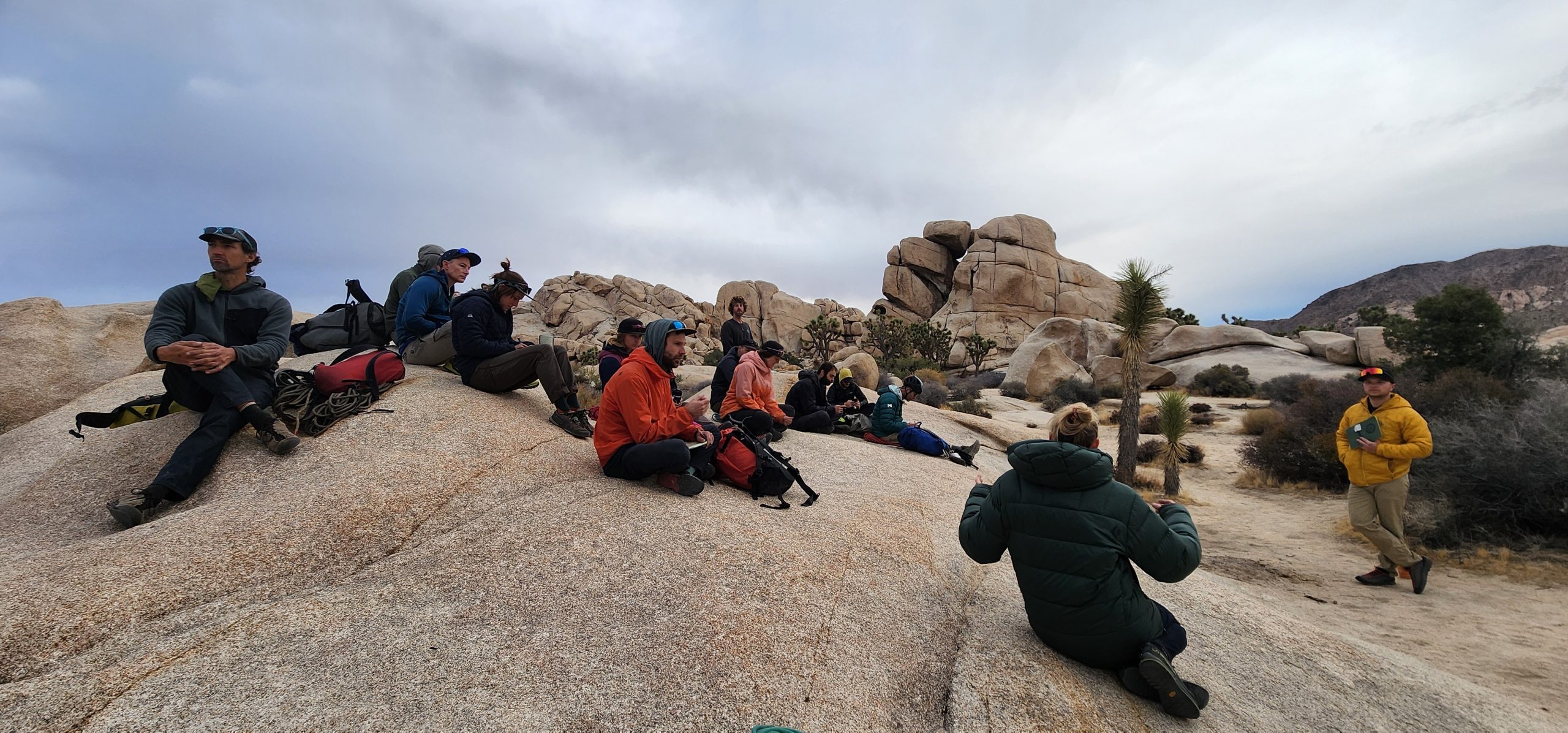
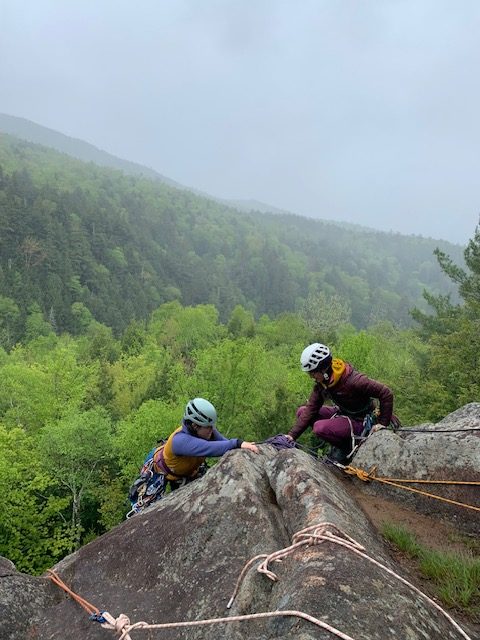
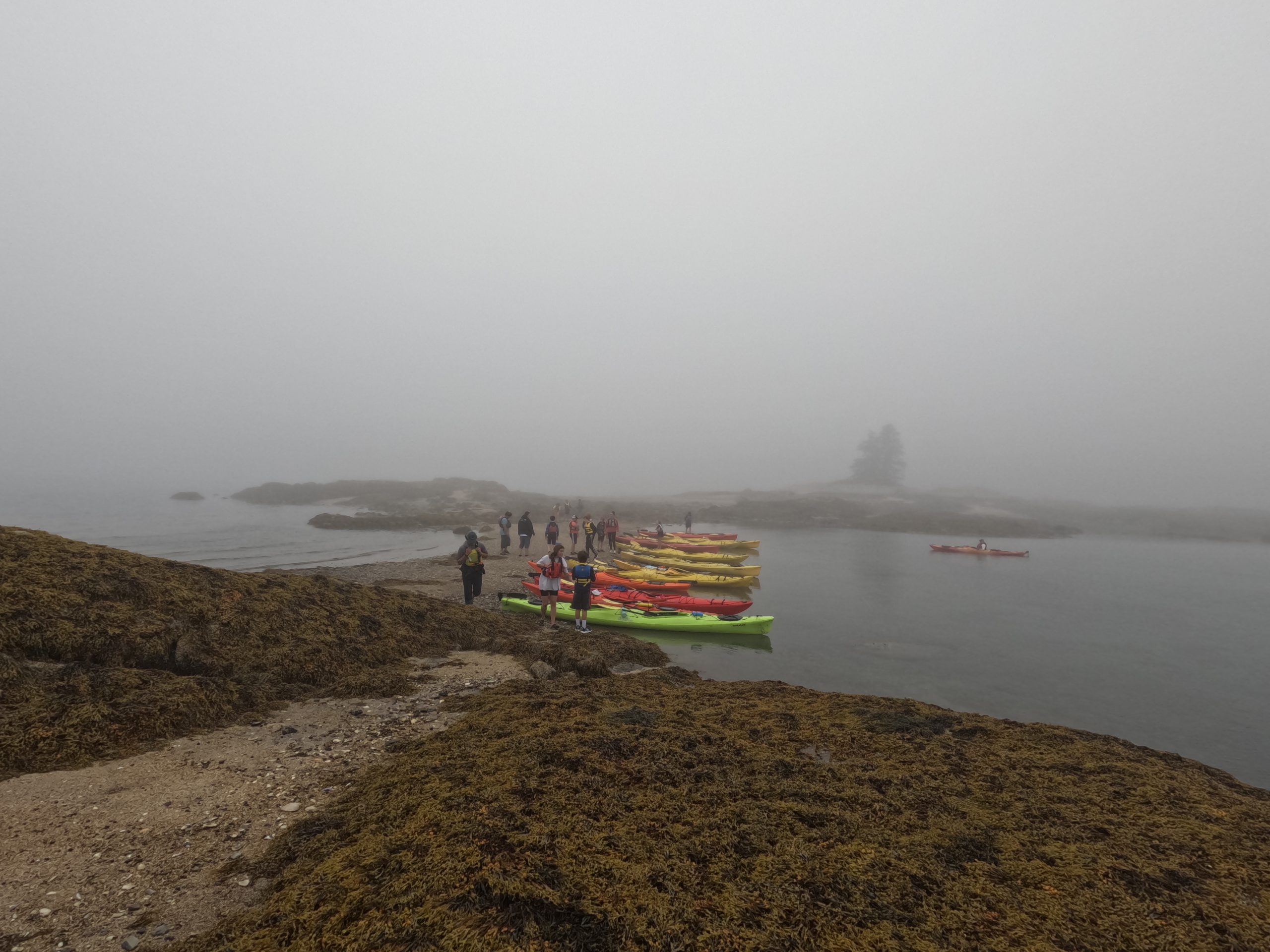
Our Mariners Soar! After School students had an unforgettable time kayaking with Osprey’s Echo this summer! Highlights of the trip included spotting wildlife around Webb Cove, such as bald eagles, osprey, and curious seals swimming nearby. Students gained confidence on the water by learning paddling techniques and navigation skills.
They also enjoyed meaningful time together, developing teamwork through scavenger hunts, sharing kayaks, and caring for their equipment. Exploring the cove and landing on nearby islands and rock formations deepened their connection to the natural world.
This enriching experience, made possible through our partnership with Osprey’s Echo and The Reeno Foundation, offered students a perfect blend of adventure, learning, and social connection—fostering both confidence and a love for the natural world.















